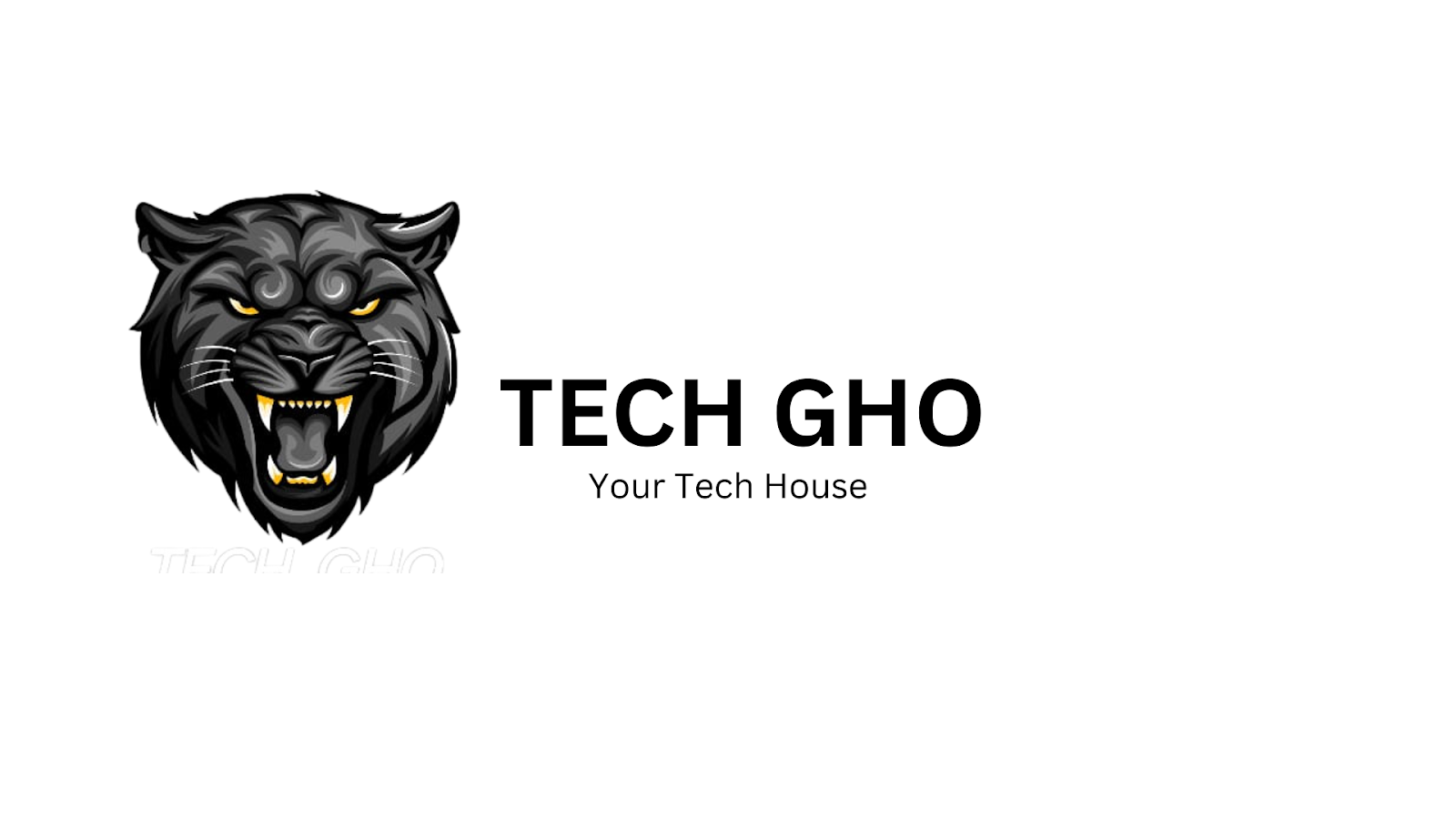A Digital-First Generation
One of the most defining characteristics of Gen-Z is their relationship with technology. Unlike Millennials, who witnessed the rise of the internet and social media, Gen-Z has never known a world without these tools. From a young age, they’ve had access to smartphones, tablets, and a vast array of online resources. This constant connectivity has given them an unparalleled ability to multitask, process information quickly, and adapt to new technologies.
Social media platforms like Instagram, TikTok, and Snapchat play a central role in their lives, influencing how they communicate, form relationships, and even shape their identities. Unlike previous generations, who primarily used social media for connection, Gen-Z uses it as a platform for self-expression, activism, and even entrepreneurship. They are adept at creating and curating content, often using it to build personal brands or promote causes they care about.
Values and Worldview
Gen-Z is often described as more pragmatic and financially cautious compared to Millennials. Growing up during the Great Recession and witnessing the financial struggles of their families has made them more aware of economic realities. They are keenly focused on securing their futures, which is reflected in their approach to education, career choices, and spending habits. Many prioritize job stability and are more likely to pursue traditional education paths, though they are also open to alternative forms of learning, such as online courses and vocational training.
Despite their pragmatism, Gen-Z is also known for its strong sense of social responsibility. They are deeply concerned about issues like climate change, social justice, and equality. Unlike previous generations, who might have been more passive in their activism, Gen-Z takes a hands-on approach. They use their digital skills to organize, advocate, and raise awareness on a global scale. Movements like #FridaysForFuture, spearheaded by climate activist Greta Thunberg, have gained immense traction among Gen-Z, illustrating their commitment to making a tangible impact.
Education and Career Aspirations
In terms of education and career, Gen-Z is highly motivated and ambitious. They value education but are also aware of the rising costs associated with it. This has led many to seek out scholarships, internships, and alternative learning pathways. They are more likely to question the return on investment of a traditional college education and are open to entrepreneurial ventures or careers in the gig economy.
Their career aspirations are also shaped by their values. Many Gen-Zers seek jobs that align with their personal beliefs and offer a sense of purpose. They are drawn to companies that prioritize sustainability, diversity, and social impact. Moreover, they expect flexibility in the workplace, including options for remote work and a healthy work-life balance.
Challenges and Opportunities
While Gen-Z's digital savviness and social awareness are strengths, they also face unique challenges. The pressure to constantly present a perfect image on social media can lead to mental health issues, including anxiety and depression. The overwhelming amount of information available online can also contribute to feelings of uncertainty and stress.
Gen-Z is a generation defined by its digital upbringing, pragmatic worldview, and strong commitment to social change. As they continue to mature and enter the workforce, their influence will only grow, shaping the future in ways that reflect their values and experiences. Understanding Gen-Z is not just about recognizing their differences; it's about appreciating the unique contributions they are poised to make in a world that is becoming increasingly interconnected and technologically advanced.

